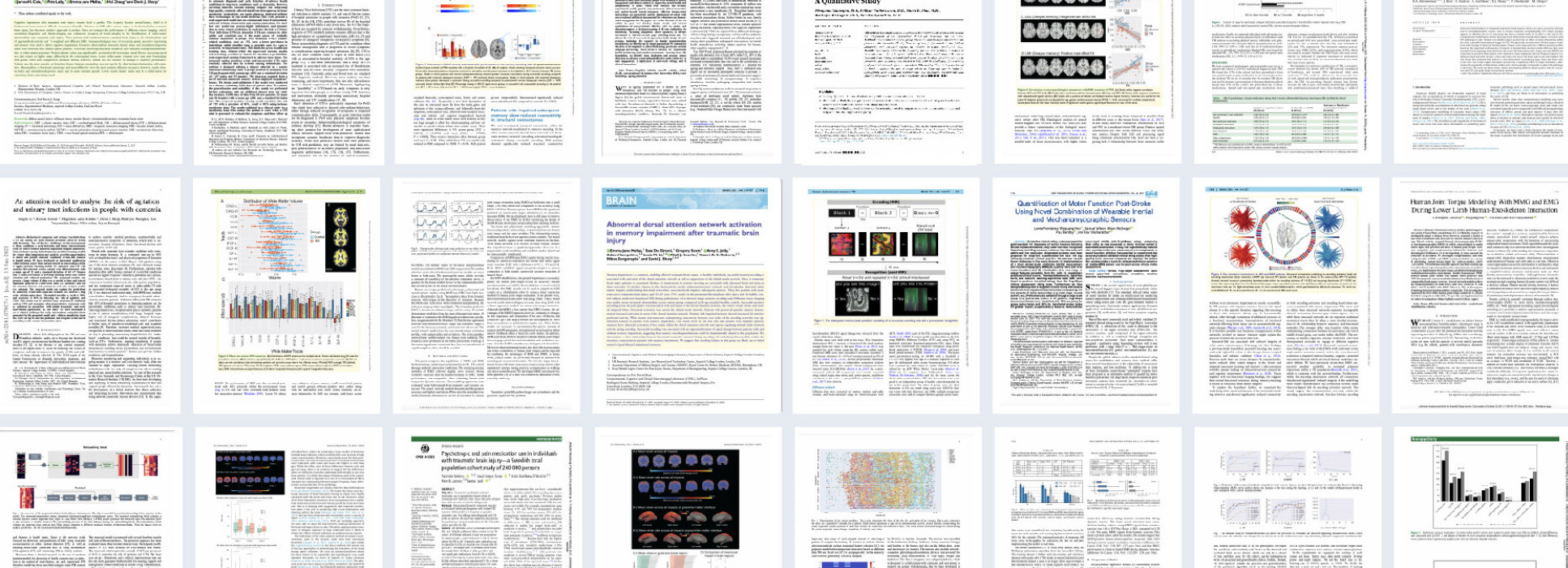BibTex format
@article{Seah:2022:10.2196/40360,
author = {Seah, CEL and Zhang, Z and Sun, S and Wiskerke, E and Daniels, S and Porat, T and Calvo, RA},
doi = {10.2196/40360},
journal = {JMIR Aging},
pages = {e40360--e40360},
title = {Designing mindfulness conversational agents for people with early-stage dementia and their caregivers: thematic analysis of expert and user perspectives},
url = {http://dx.doi.org/10.2196/40360},
volume = {5},
year = {2022}
}
RIS format (EndNote, RefMan)
TY - JOUR
AB - BACKGROUND: The number of people with dementia is expected to grow worldwide. Among the ways to support both persons with early-stage dementia and their caregivers (dyads), researchers are studying mindfulness interventions. However, few studies have explored technology-enhanced mindfulness interventions for dyads and the needs of persons with dementia and their caregivers. OBJECTIVE: The main aim of this study was to elicit essential needs from people with dementia, their caregivers, dementia experts, and mindfulness experts to identify themes that can be used in the design of mindfulness conversational agents for dyads. METHODS: Semistructured interviews were conducted with 5 dementia experts, 5 mindfulness experts, 5 people with early-stage dementia, and 5 dementia caregivers. Interviews were transcribed and coded on NVivo (QSR International) before themes were identified through a bottom-up inductive approach. RESULTS: The results revealed that dyadic mindfulness is preferred and that implementation formats such as conversational agents have potential. A total of 5 common themes were also identified from expert and user feedback, which should be used to design mindfulness conversational agents for persons with dementia and their caregivers. The 5 themes included enhancing accessibility, cultivating positivity, providing simplified tangible and thought-based activities, encouraging a mindful mindset shift, and enhancing relationships. CONCLUSIONS: In essence, this research concluded with 5 themes that mindfulness conversational agents could be designed based on to meet the needs of persons with dementia and their caregivers.
AU - Seah,CEL
AU - Zhang,Z
AU - Sun,S
AU - Wiskerke,E
AU - Daniels,S
AU - Porat,T
AU - Calvo,RA
DO - 10.2196/40360
EP - 40360
PY - 2022///
SN - 2561-7605
SP - 40360
TI - Designing mindfulness conversational agents for people with early-stage dementia and their caregivers: thematic analysis of expert and user perspectives
T2 - JMIR Aging
UR - http://dx.doi.org/10.2196/40360
UR - https://www.ncbi.nlm.nih.gov/pubmed/36472897
UR - https://aging.jmir.org/2022/4/e40360/
UR - http://hdl.handle.net/10044/1/102245
VL - 5
ER -




